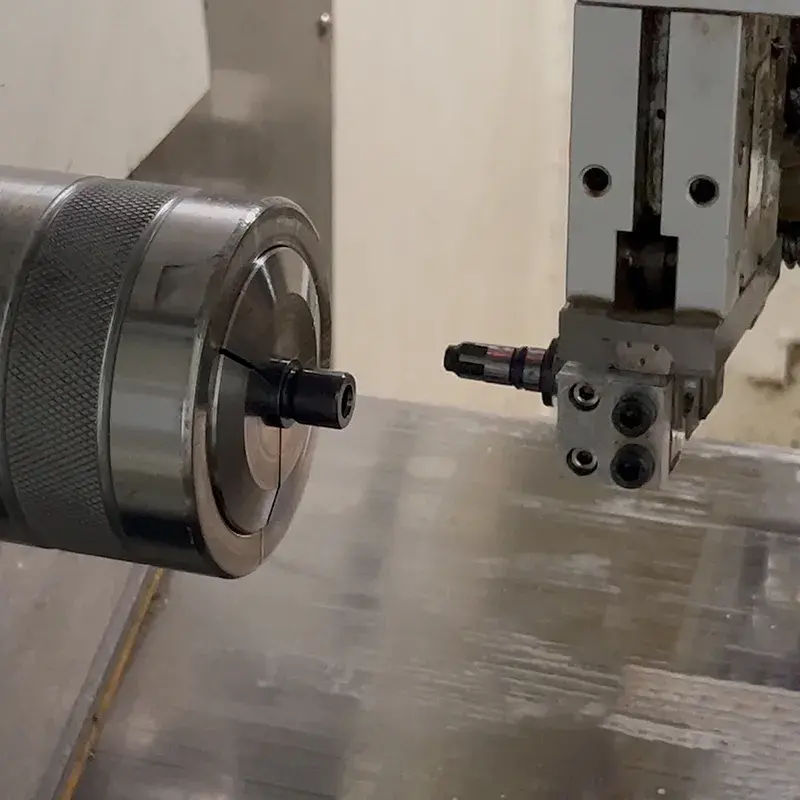Quality Control in CNC Machining: Ensuring Precision and Accuracy
Quality control in CNC machining is crucial
The manual process of machining has been replaced with automated precision machines that use computers to control the machining process. In other words, precision CNC machining service has enabled manufacturers to produce high-quality products with greater efficiency and accuracy than ever before. However, as with any manufacturing process, quality control is critical to ensure that the products produced meet the desired specifications.
In this article, we will explore quality control in precision CNC machining services and how to ensure precision and accuracy while making products.
Process of Quality Control in CNC Machining
A collection of procedures and methods known as quality control are employed to guarantee that a good or service complies with the required standards. Quality control is crucial in CNC machining to make sure the finished product adheres to the customer’s requirements. In CNC machining, quality control entails a number of procedures, such as inspection, testing, and verification of the product’s quality.
Inspection is the first stage of quality control in CNC machining. To make sure that the raw materials, tools, and finished products fulfill the required criteria, an inspection has to be done. The inspection procedure for CNC machining starts with the examination of the raw materials, such as metal or plastic, to make sure they are of the proper size, shape, and composition.
The following stage is to inspect the tooling, which includes the cutting tools and fixtures, once the raw materials have been examined.
Testing is the second stage of quality control in CNC machining. Assessing that the finished product satisfies the required specifications is the process of testing. Physical and functional testing are both a part of CNC machining testing.
Physical testing entails calculating the finished product’s dimensions, surface quality, and tolerance. To make sure that the product satisfies the required criteria, such as strength, durability, and functionality, functional testing is done by evaluating the product’s performance.
Verification is the last stage of quality control in CNC machining. Verification is the procedure used to record the quality control process and make sure it complies with the necessary requirements. Verification in CNC machining involves keeping track of the inspection and testing procedures as well as checking that the product complies with the required requirements. Documenting any deviations from the expected specifications as part of verification also entails taking corrective action to remedy them.
How to Ensure High-Quality Machined Parts
Several methods and procedures can be used to guarantee precision and accuracy in CNC machining. These consist of:
-
Proper tool selection and maintenance
In order for cutting tools to function accurately and effectively, adequate selection and maintenance are necessary.
-
Calibration of machines and tooling
To guarantee that the machining process generates accurate and precise products, routine machine and tool calibration is required.
-
Quality inspection
At each stage of the machining process, inspecting the raw materials, tools, and workpieces is helpful in finding and fixing any problems before they have an impact on the caliber of the finished product.
-
Observing industry standards
Adhering to industry standards like ISO 9001 might assist guarantee that the product satisfies the necessary quality requirements.
-
Regular operator training
Regularly educating operators on the most recent methods and tools can help to ensure that they are competent and able to produce goods of the highest caliber.
Finally
To ensure that the finished product fulfills the required criteria, quality control in CNC machining is crucial. The process of quality control includes various processes, such as product inspection, testing, and quality verification. Quality can also be enhanced by getting custom parts with Rapid Direct or other similar providers. The right tool selection and maintenance, machine and tool calibration, quality inspection during the machining process, adherence to industry standards, and regular operator training are necessary to maintain precision and accuracy in CNC machining. By using these methods and procedures, producers may produce high-quality goods more quickly and accurately.



